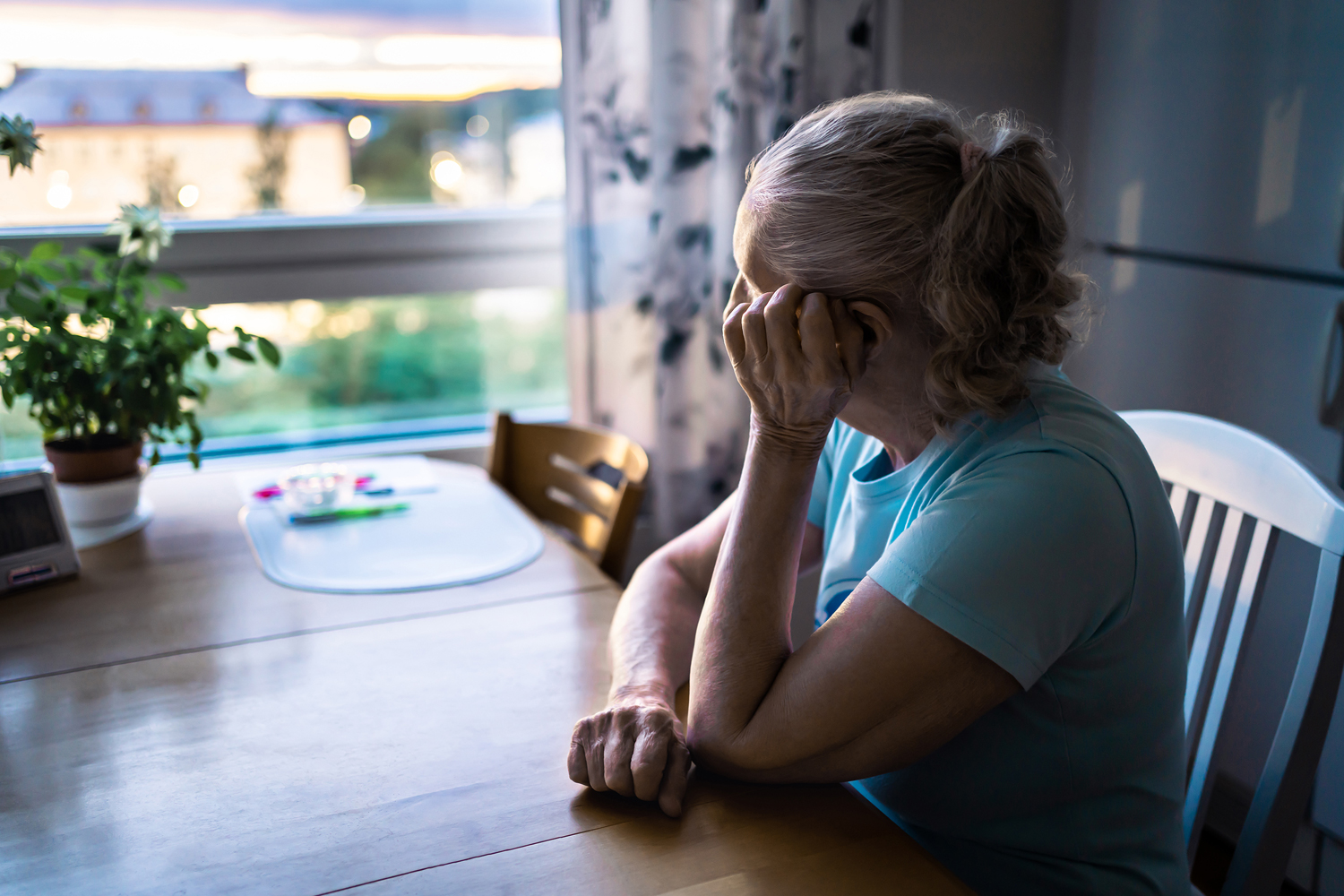Every week, the editors of Cancer Today magazine bring you the top news for cancer patients from around the internet. Stay up to date with the latest in cancer research and care by subscribing to our e-newsletter.
Living Alone May Be a Risk Factor for Cancer Death
Adults living alone may have a higher risk of dying from cancer than people who live with others, according to a recent study published in the journal Cancer. Researchers found that among 114,772 adults ages 18 to 64 who lived alone, 2.5% of them died of cancer from 1998 to 2019. By contrast, 1.6% of 358,876 people in the same age range who lived with others died during the study period. U.S. Census Bureau data show that the proportion of people in the U.S. living alone has grown from 13%, or about 7 million households, in 1960 to 29%, or about 38 million households, in 2022. “Living alone is only one of the components of social isolation, and it may not capture other components like social networks or participation in social activities. But I should say also that living alone is still an important measure,” study author Farhad Islami, senior scientific director of cancer disparity research at the American Cancer Society, told CNN. “This is really important to think about finding ways to reduce the adverse effects of living alone and social isolation to reduce mortality in this growing population.”
Scientists Hail ‘Remarkable’ Results of Cervical Cancer Study
A regimen of already-approved chemotherapy drugs given before regular treatment for cervical cancer showed dramatic results in a study presented Oct. 22 at the European Society for Medical Oncology meeting in Madrid. In the study, 250 women with cervical cancer received the chemotherapy drugs carboplatin and paclitaxel for six weeks prior to undergoing the usual treatment for cervical cancer, which is radiotherapy plus weekly cisplatin chemotherapy and a type of radiation administered internally called brachytherapy. A second group of 250 women with cervical cancer received only the usual treatment. Five years later, 80% of those who had received the experimental therapy and usual treatment were alive, and 73% had not seen their cancer spread. Among the group that received just the usual treatment, 72% were alive after five years and 64% had not seen their cancer spread. Cancer Research UK, which funded the research, called the findings “remarkable.” “A growing body of evidence is showing the value of additional rounds of chemotherapy before other treatments like surgery and radiotherapy in several other cancers,” researcher Iain Foulkes of Cancer Research UK, who was not an author of the study, said in a BBC News story. “Not only can it reduce the chances of cancer coming back, it can be delivered quickly using drugs already available worldwide.” According to the National Cancer Institute, an estimated 13,960 people in the U.S. will be diagnosed with cervical cancer in 2023, and 4,310 are estimated to die of the disease this year.
Bladder Cancer Findings Suggest New Treatment Options
A new combination of cancer treatments extended overall survival in patients with bladder cancer, according to study results presented Oct. 22 at the European Society for Medical Oncology (ESMO) meeting in Madrid and reported on CNN. In the study, a group of patients who had not previously been treated for locally advanced bladder cancer received a combination of the antibody-drug conjugate Padcev (enfortumab vedotin) and the immunotherapy drug Keytruda (pembrolizumab). Another group received a combination of chemotherapy drugs that is standard treatment for bladder cancer. After a median follow-up of 17.2 months, patients receiving the Padcev-Keytruda combination showed a 55% reduction in the risk of disease progression or death compared with the chemotherapy group. For the Padcev-Keytruda group, the median progression-free survival was 12.5 months and the overall survival was 31.5 months, compared with 6.3 months and 16.1 months, respectively, for patients receiving chemotherapy. Another bladder cancer study presented at ESMO and published in the New England Journal of Medicine also showed favorable results. In the study, researchers compared a combination of the immunotherapy drug Opdivo (nivolumab) and chemotherapy drugs gemcitabine and cisplatin with the chemotherapy combination alone in previously treated patients with advanced bladder cancer who had specific gene mutations. After a median follow-up of 33.6 months, median overall survival was 21.7 months in the immunotherapy-chemotherapy group and 18.9 months in the chemotherapy group. Median progression-free survival was 7.9 months and 7.6 months, respectively. Worldwide, more than 200,000 people die from bladder cancer each year, and platinum-based chemotherapy has been the standard of care for decades.
Cancer Today magazine is free to cancer patients, survivors and caregivers who live in the U.S. Subscribe here to receive four issues per year.





